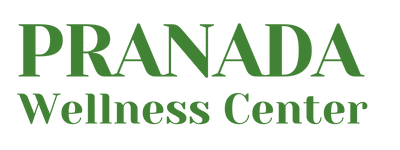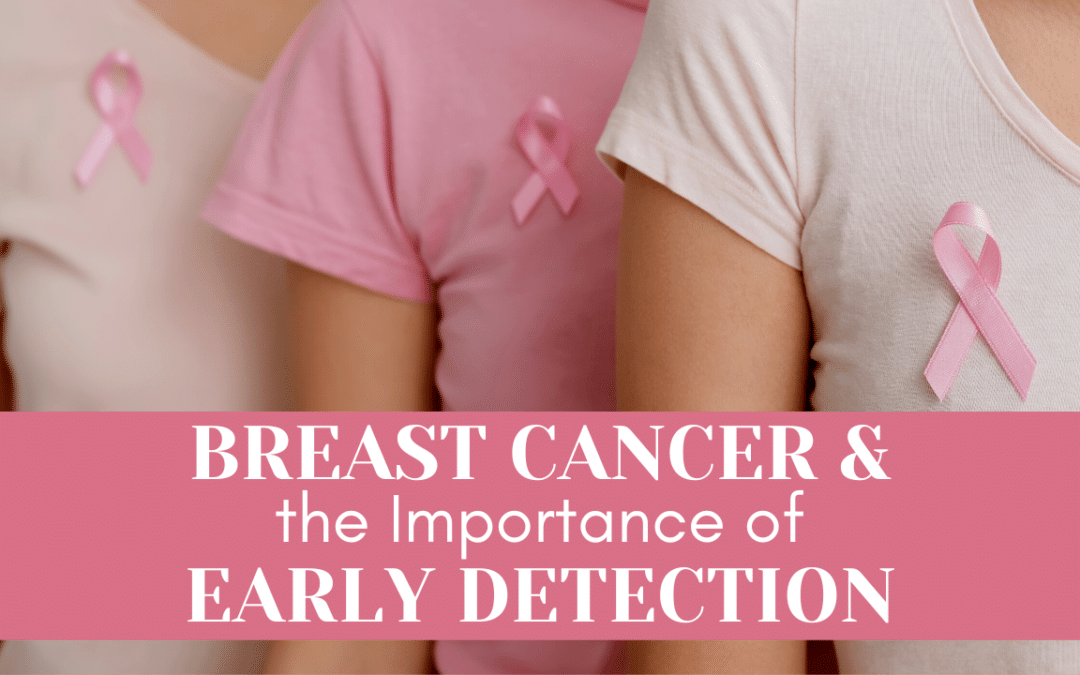Breast cancer is a global health concern, affecting millions of women annually. Early detection is essential in improving the prognosis and survival rates of breast cancer patients. Advancements in medical technology and assessment tools provide women with information and options for regular screening, which can lead to early detection and better outcomes.
Early Detection
Early detection is essential for improving patient outcomes and preventing deaths from breast cancer. Early detection means finding and diagnosing the disease before symptoms arise. When the tumor is small and has not spread throughout the body, it is easier to treat successfully. The benefits of early detection include:
• Higher treatment success rates
• More treatment options
• Less aggressive treatment options, as smaller cancers are easier to treat
• Less anxiety and stress related to treatment
• Reduced mortality
Many women with breast cancer have no symptoms; sometimes, the cancer is only detected once symptoms appear. Breast cancer screening can help in early detection, especially for women with a higher risk of being diagnosed.
Signs and Symptoms of Breast Cancer
• A new lump or hard mass on the breast, which may be painless
• Swelling of the breasts
• Skin dimpling
• Breast or nipple pain
• Nipple retraction
• Discharge from nipples
• Swollen lymph nodes under the arm or near the collarbone
(American Cancer Society, August 16, 2023)
Determining Risk
Some women have a higher or increased risk of being diagnosed with breast cancer, particularly as they age. The American Cancer Society (ACS) describes average risk as having no personal or family history of breast cancer and no genetic risk, such as a mutation in the BRCA gene, which can be established through genetic testing. According to ACS, women with a chance of 20-25% or more are at high risk of cancer. High risk is determined using various assessments:
• Women aged 40 or above
• Those with a family history of breast cancer
• Those who have a BRCA1 or BRCA2 gene mutation
• Those who have previously had chest radiation therapy
• Those with other genetic syndromes, such as Li-Fraumeni syndrome
High-risk women are encouraged to undergo regular screening with healthcare professionals.
Essential Tools for Screening and Early Detection
It is essential for all women to be aware of their risk and to have regular checkups and screening where necessary. For those at average risk, clinical breast exams or breast self-exams can be helpful. However, this may not be useful for early detection; if abnormalities or lumps are detected on the breast, symptoms have already appeared. Nonetheless, it is advised for women to know how their breasts look and feel to be aware of any unusual changes. For those at higher risk, other tools may be used for early detection:
- Mammograms: These are X-ray images of the breast tissue used to detect tumors that may not be detectable during physical exams. They can find abnormalities in the breast tissue before symptoms appear.
- MRIs (Magnetic Resonance Imaging): Breast MRIs can be used alongside mammograms. They are used for further evaluation if other preliminary results need clarification.
- Breast Ultrasound: Ultrasound is helpful for those women with dense breast tissue, and they can usually tell the difference between tumors and other solid masses.
The ACS recommends that women at higher risk of breast cancer should undergo a yearly mammogram. Further testing will be dependent on the results of the mammogram.
Early detection is the cornerstone of successful breast cancer treatment. Many tools and options are available for women to accurately detect breast cancer at its earliest stages, offering hope for better patient outcomes and survival rates. Healthcare professionals can provide advice and options for women to establish a regular screening routine. Raising awareness and educating about the subject is vital in the fight against breast cancer. As research continues to evolve, the field of breast cancer detection is poised to make more remarkable strides, ensuring a brighter future for those affected by this disease.
Article written by Mitchelle Lumumba
Citation: American Cancer Society, August 16, 2023
https://www.cancer.org/cancer/types/breast-cancer/screening-tests-and-early-detection.html

